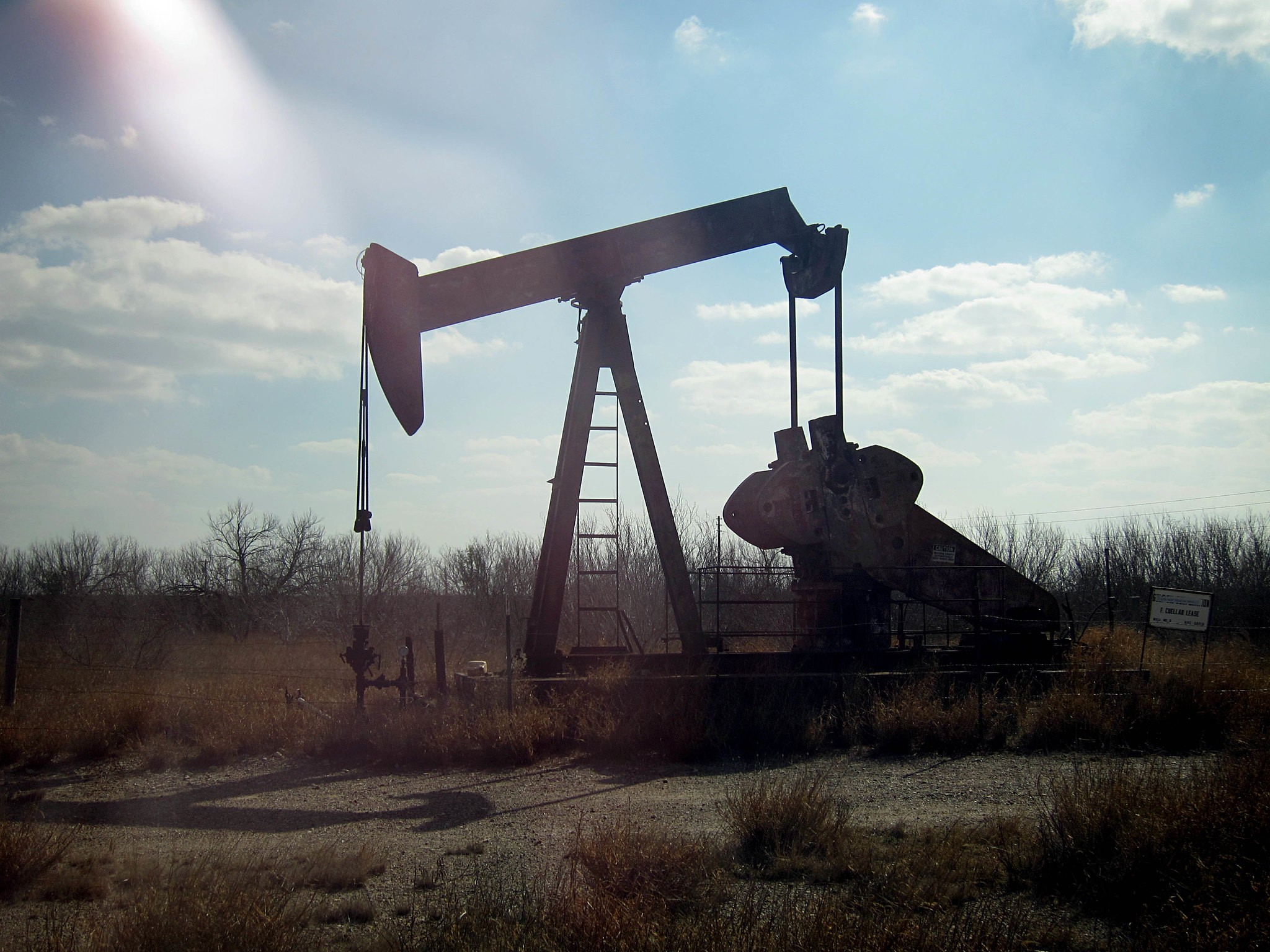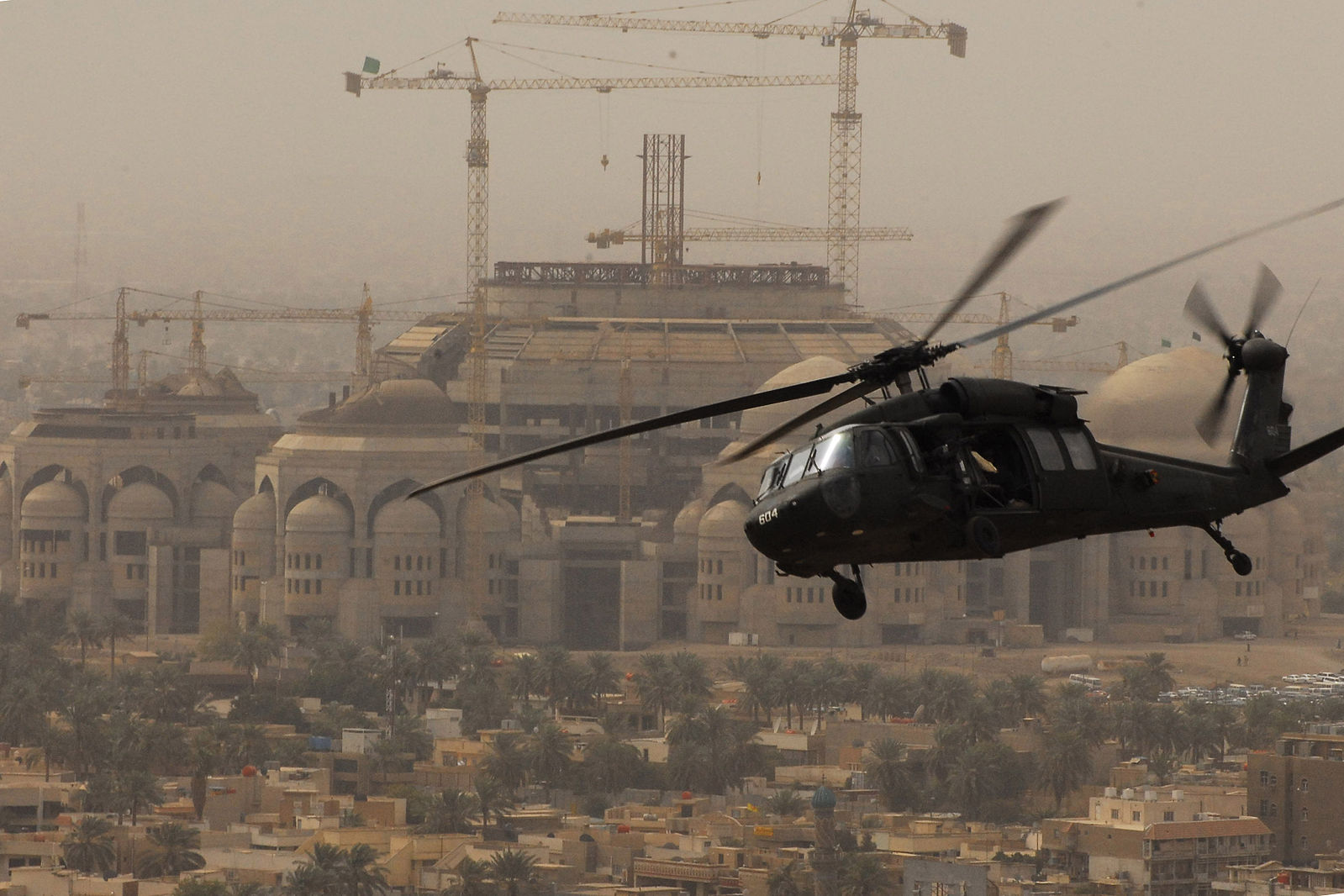Iraq continues to have a weakened state. The parliamentary elections in October 2021 faced disruptions until the Sadrist movement claimed victory with 10% of the votes. Prime Minister Mohammed Shia’ al-Sudani, in office since October 2022, took nearly a year to form his cabinet. Ongoing attacks by the Islamic State and actions of the Popular Mobilization Forces jeopardize national stability.
Relying heavily on oil revenue, Iraq faces challenges in diversifying and modernizing its economy and banking sectors. The country’s private sector and foreign direct investments remain weak and over 800,000 Iraqis live in extreme poverty.
Corruption remains widespread despite commendable efforts by Prime Minister Al-Sudani’s government. In light of past financial crises, the government has prioritized improving public finance management, maintaining single-digit inflation and ensuring currency stability. However, the COVID-19 pandemic exposed just how profoundly unprepared Iraq is for major hazards, including climate change.

